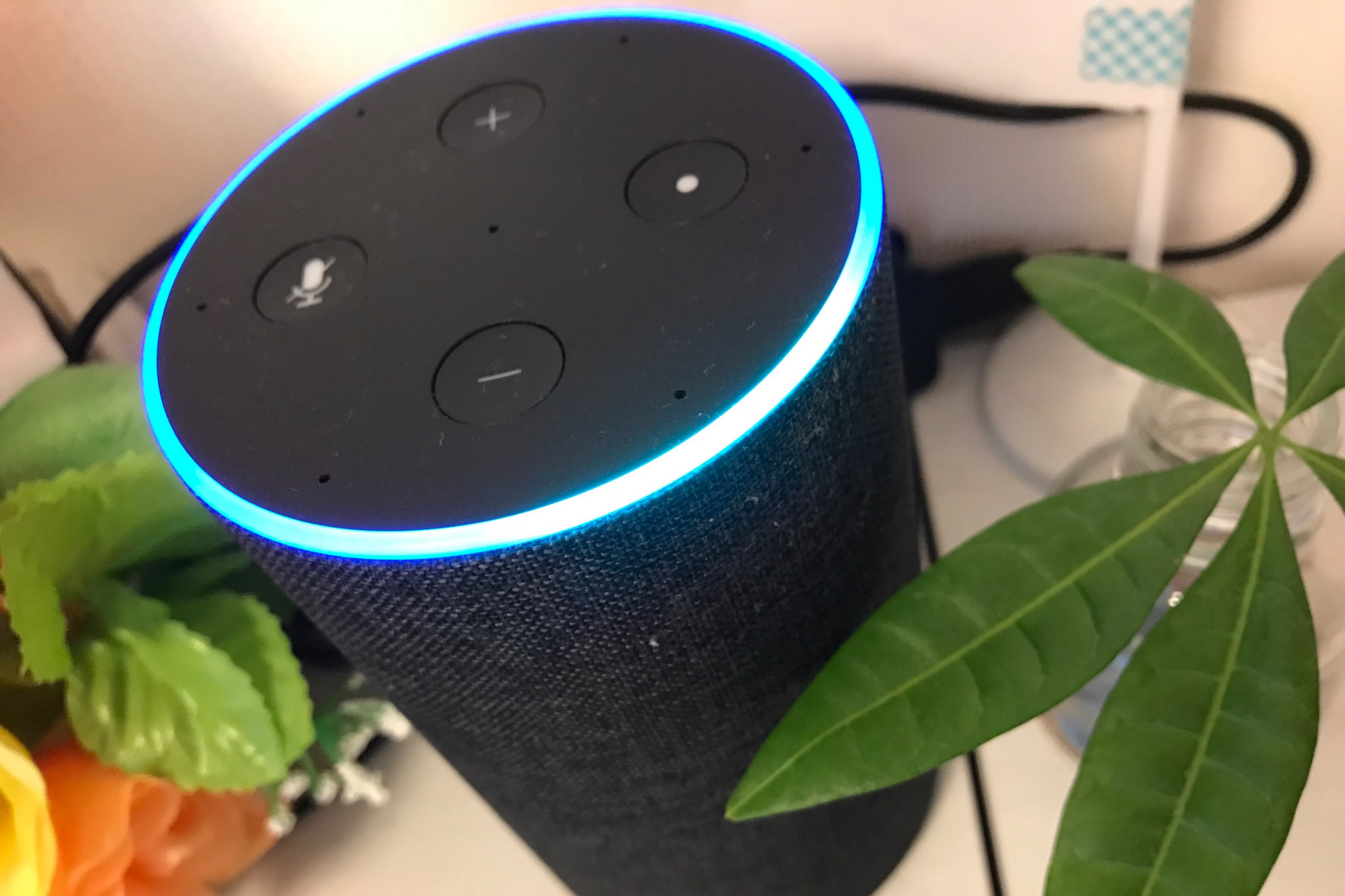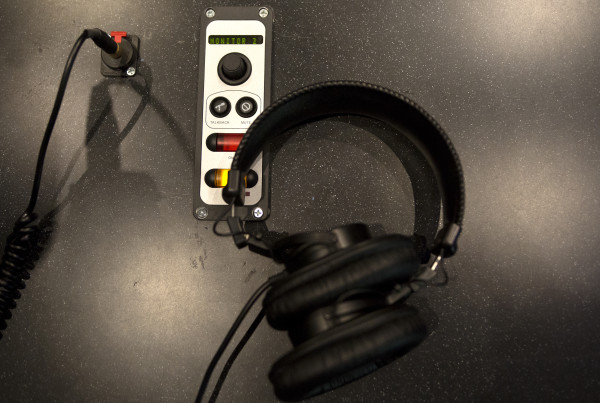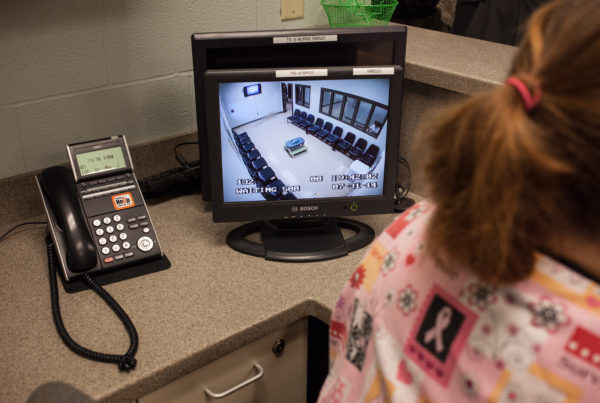Please note: playing the audio version of this story in proximity to an Amazon smart speaker could trigger the device.
It remains to be seen whether smart speakers like those sold by Google and Amazon will have a transformative impact in our lives. But some 47 million people in the U.S. have already accepted Amazon’s Echo into their homes.
In addition to information on a vast array of topics, and the ability to manage your lights or thermostat, the speaker in your kitchen of bedroom also contains a powerful microphone. And though it’s supposed to remain asleep until we awaken it, a woman in Portland, Oregon recently discovered that her family’s Echo device had recorded a conversation between her and her husband, and sent it to someone in their contact list without their knowledge.
Murat Kantarcioglu is a professor of computer science at the University of Texas at Dallas. He says he doesn’t use smart speakers because of potential privacy threats.
“In this scenario, the company claims that there was a bug…and that it’s a very rare case,” Kantarcioglu says. “But in the future, hackers and others can try to hack into these devices, and they can try to record entire conversations.”
Kantarcioglu says a device with the ability to record your conversation could overhear a call with your bank or health care provider, obtaining sensitive personal and financial information you would not wish to share.
Recording of the Portland woman’s conversation by an Echo device probably was caused by a glitch in the device, rather than a function intentionally enabled by Amazon, Kantarcioglu says. Such a glitch is subject to exploitation by a hacker, who could, for example, bypass the need for the Echo owner to say “Alexa” before recording begins. Or, he says, a hack could simulate the trigger word, causing the device to start recording at a time of the hacker’s choosing.
To protect yourself from unintended recording by smart speakers, Kantarcioglu says the only sure method is to unplug smart speaker devices. If you want to continue using them, consider placing the speaker in a part of your home where you’re less likely to engage in conversations you don’t want recorded.
You can also reduce risks by limiting the speaker’s connectivity to the outside world: don’t enable making phone calls, and don’t share your contact list with the device.
Written by Shelly Brisbin.















